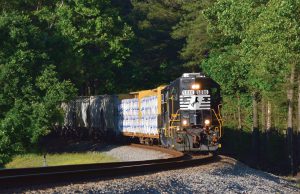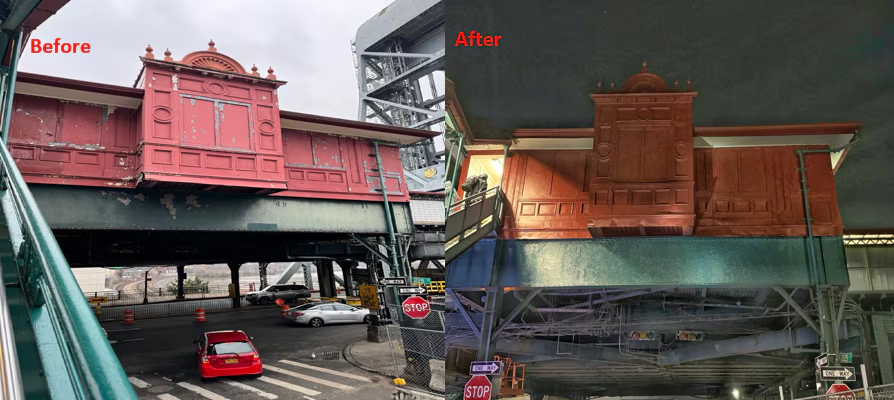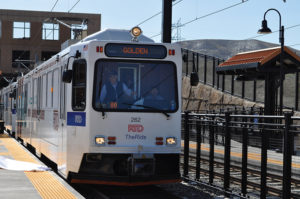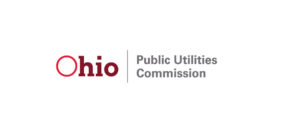Watchdog asks Conn. DOT to review bridge inspection costs
Written by jroodFebruary 14, 2001 Connecticut's recently convened contract watchdog board has ordered the state DOT to explain the cost efficiency of its long-running practice of hiring private engineers to inspect state rail and highway bridges, the Stamford Advocate reports. The six-member State Contracting Standards Board voted to require the Department of Transportation to determine if it could complete the work more cheaply by expanding the ranks of in-house inspectors to tackle inspections of rail and highway bridges that private firms are usually hired for, said Gale Mattison, the chairman of the standards board.
The DOT oversees inspection
of about 5,300 highway bridges and 330 railway spans in the state, and has
eight contracts with consulting engineering firms to conduct bridge inspection
work.
"We’ve asked under our
statutory authority for a cost-benefit analysis and a determination whether it
is less expensive and more effective to do it with DOT employees or continue
with the ratio of private consultants they now use," said Mattison, the
former chief financial officer for the state’s Office of Policy &
Management.
The union that represents
the state’s unionized DOT bridge inspectors began pressing the board to scrutinize
the hiring of outside firms they say swells the cost of the federally-mandated
inspections. A report submitted by the state DOT to the contract board in late
July indicated the state spent around $50 million between 2007 and early 2010
on private bridge inspection services. During the same time, the DOT spent $24
million on inspection teams within its internal Bridge Safety and Evaluation
Unit and state Office of Rail.
"We’re trying to break
the myth that privatization always equals a less expensive result," said
Matt O’Connor, a spokesman for the union. "Even though your employee costs
would go up it would be cheaper to expand the agency’s in-house engineering
work force than to hire private firms."
Mattison said the cost
impact of the private inspectors would be clearer after accounting for the
permanent cost of expanding the state’s workforce; hiring engineering staff
with more specialized qualifications; and acquiring required inspection
equipment.
The DOT’s use of private
inspectors dates to 1983 when then-Gov. William O’Neill adopted requirements
for more frequent inspections following the collapse of an Interstate 95 bridge
over the Mianus River in Greenwich.
The DOT will complete the
first two parts of the analysis by a Dec. 20 deadline, which would include
railroad bridges and highway signs and signal support structures, and the final
part of the analysis on highway bridges by March 1, agency spokesman Judd
Everhart said.
Paul Brady, executive
director of the American Council of Engineering Companies in Connecticut, which
represents about 80 consulting engineering firms in the state, said he is
confident additional built-in costs of the private contracts are cheaper than
an expansion of the state’s inspection teams. Brady said many of the private
firm’s engineers have educational and engineering qualifications in excess of
the DOT’s inspection personnel.
"For the board to do
an analysis the DOT is going to have to determine what their overhead costs are
for new employees and that is a very difficult thing to do," Brady said.
"The state would still have to hire engineers with higher qualifications
to handle more complex projects."
Travis Woodward, a
Connecticut DOT bridge engineer working in District 3, which includes Fairfield
County, said he believes the state’s use of the private firms tends to increase
salary levels for inspectors with more extensive qualifications, making it
harder for the state to hire them.
"Not only do we not
have the capacity for all the projects that are out there but we can’t afford
to hire the engineers because of what the private sector is paying them,"
Woodward said. "It’s hard to retain the engineers if they can make more
money for private consultants."





